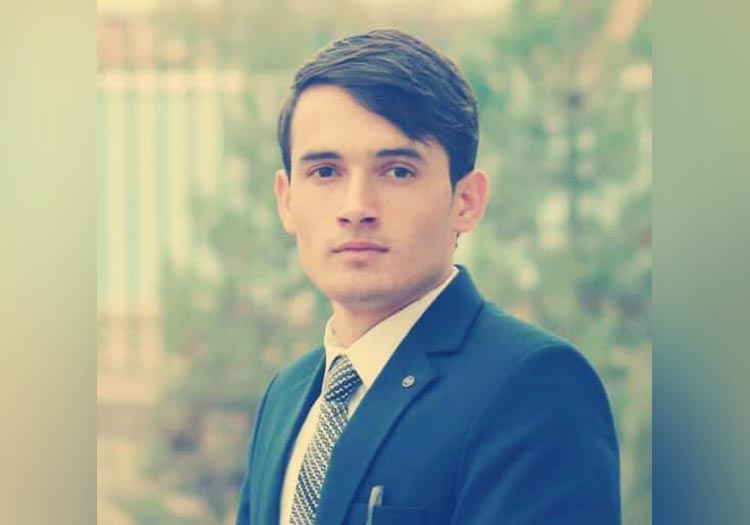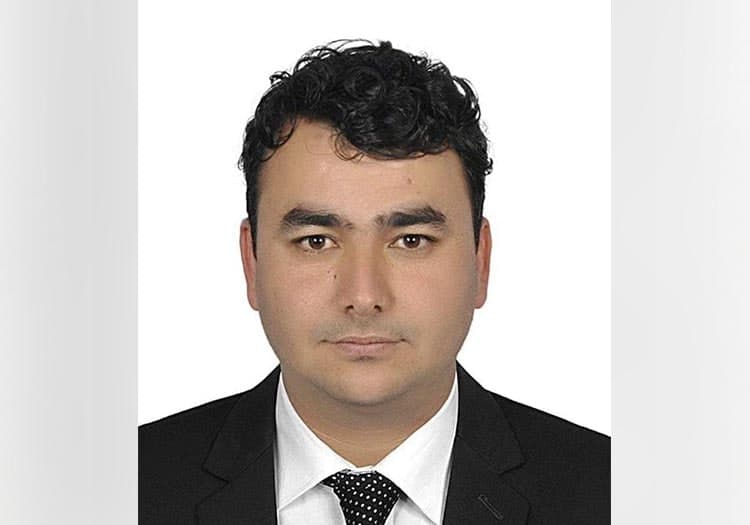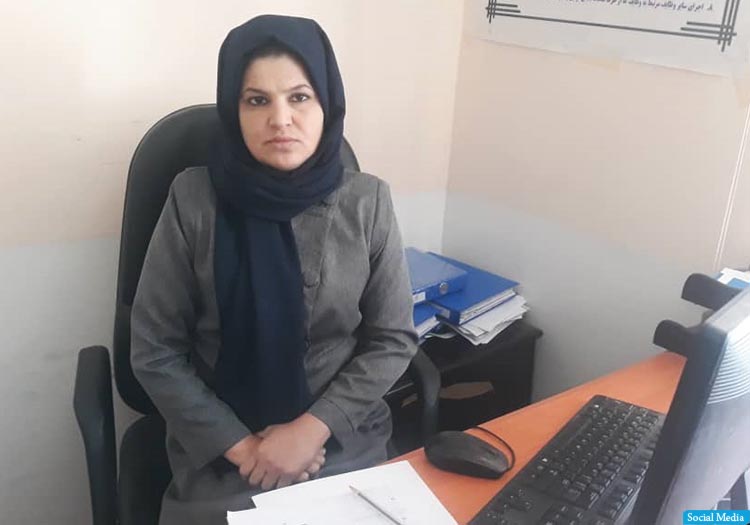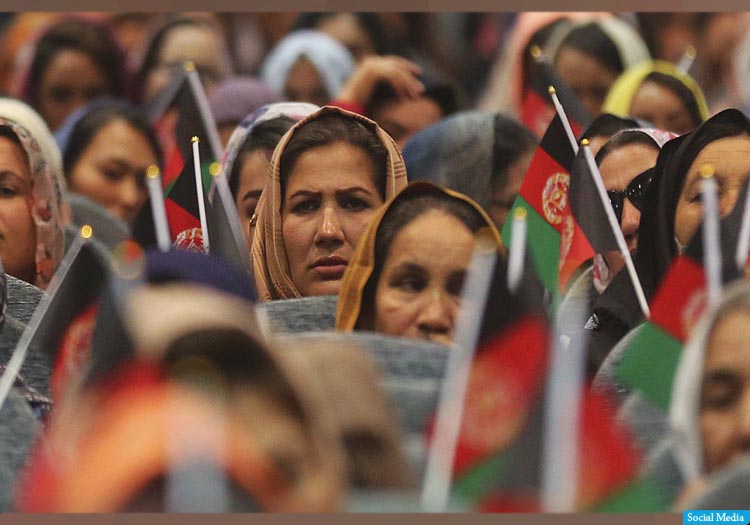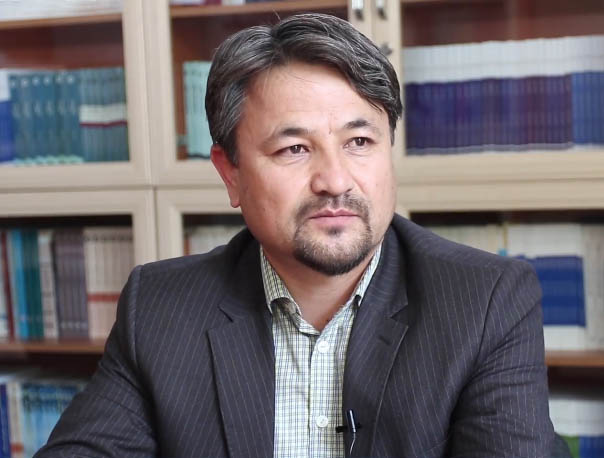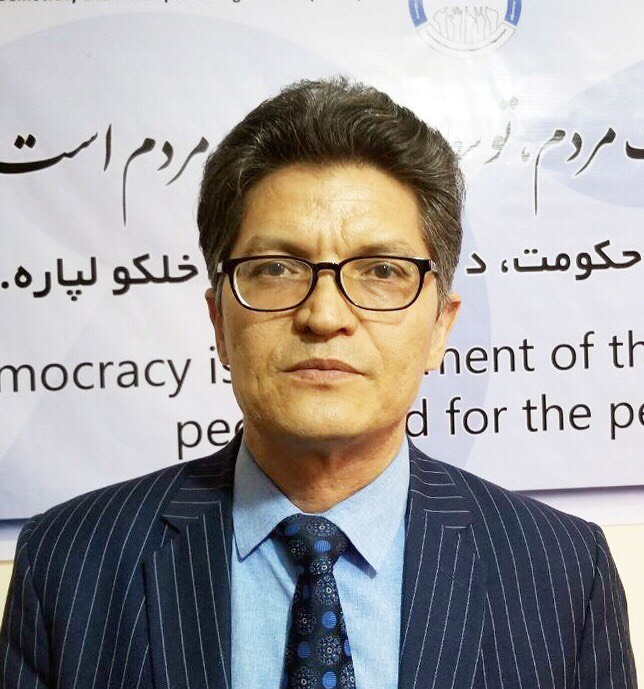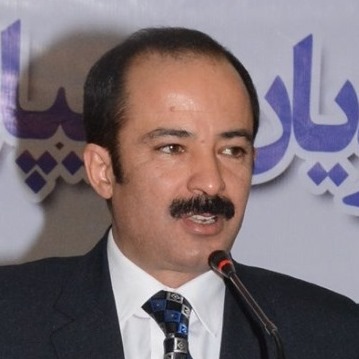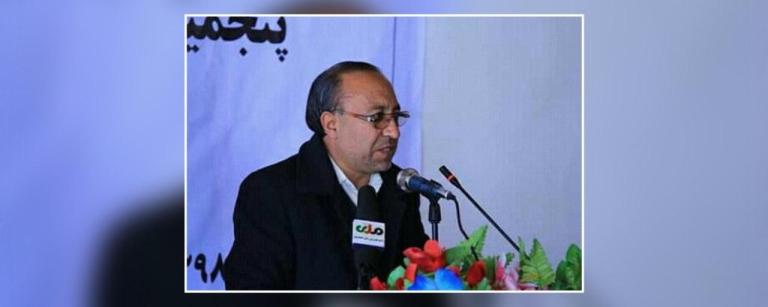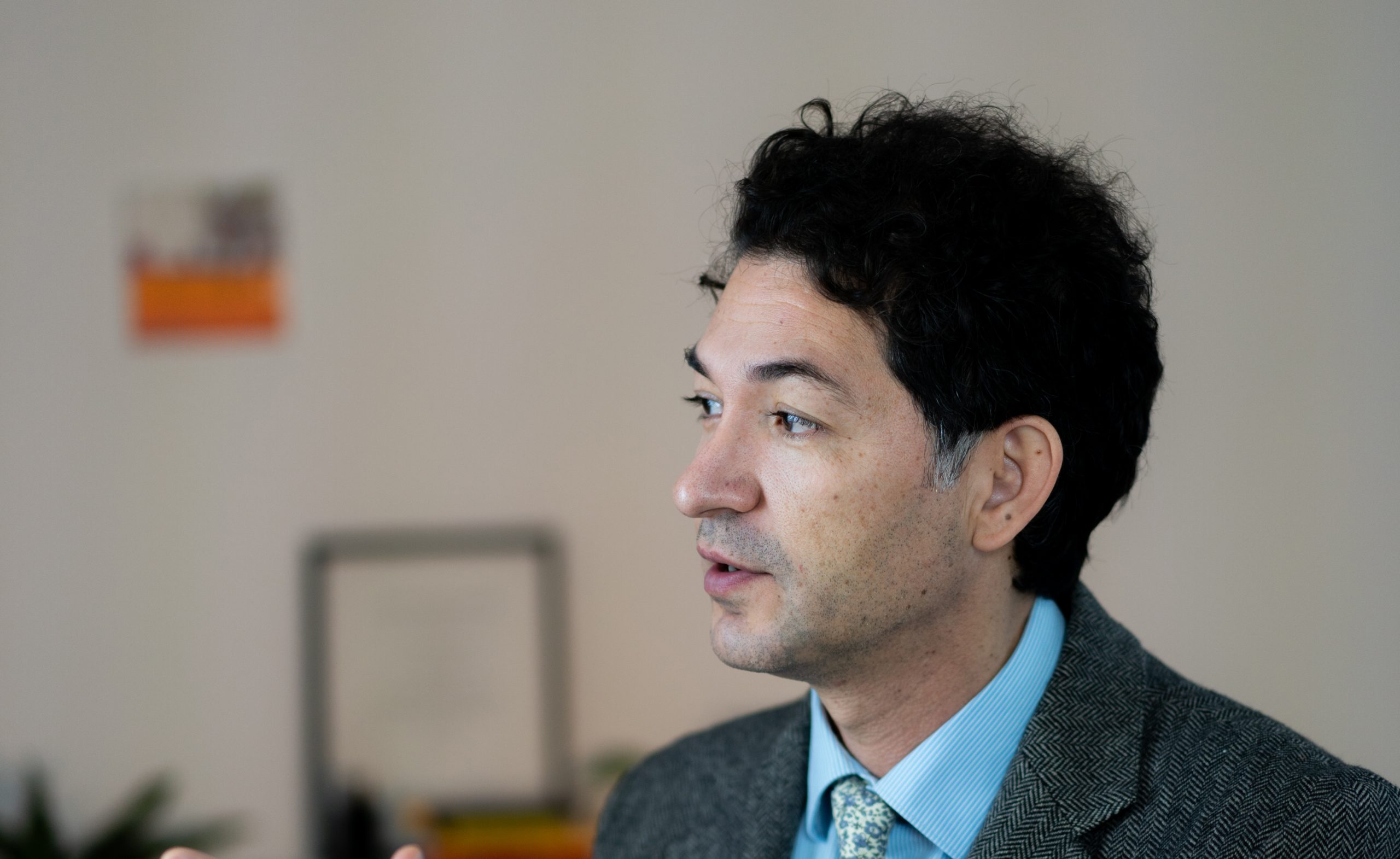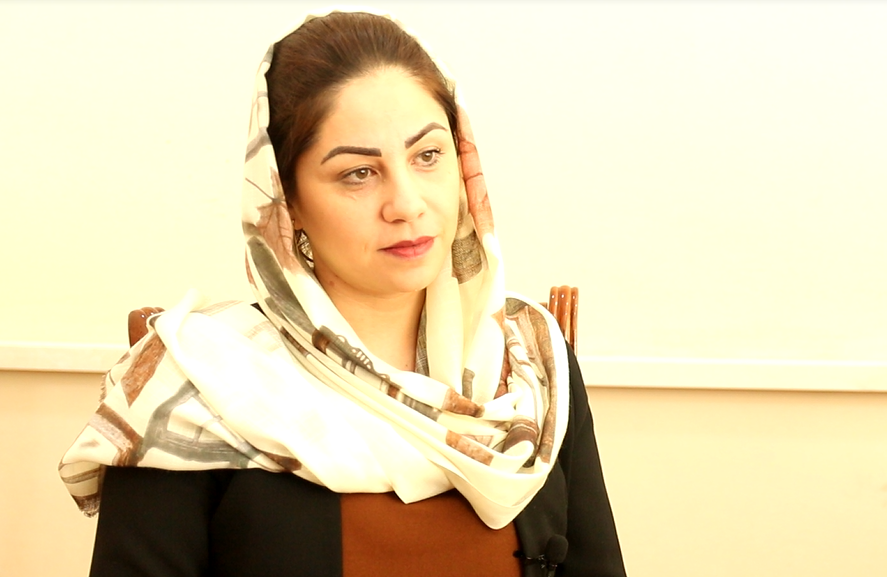Men and Women Should Be Considered Equal in the Peace Talks
A number of civil society activists believe that the issue of equality between men and women should be discussed comprehensively in peace talks. Otherwise, after the peace agreement, women will face many problems regarding their rights, including decision-making and participation in government.In an interview with the Civil Society and Human Rights Network (hereafter referred to as “Network”), Vahidullah Qaderi said that the government's negotiating team should discuss the issue of equality between men and women in a comprehensive and explicit manner. I do not think we can achieve peace if the Taliban do not agree on equality between men and women in the next government. Political peace may prevail. But the social peace that complements political peace will be undermined and citizens, especially women, will not be able to defend their rights.Network: Given the history of the Taliban, do you think that the negotiations will reach a positive outcome?Qaderi: As I mentioned, the government must consider the principle of equal rights for men and women in peace negotiations with the Taliban. As a result of the peace agreement, a system must be created that is pluralistic and inclusive. The current constitution guarantees all the rights of citizens. In the case of women, the law explicitly addresses political participation and their rights, including Article 22 of the law, which prohibits all forms of discrimination between Afghan citizens. Both men and women have equal rights and duties before the law. This must be explained such that the Taliban consider women's rights, including political rights, and their participation in government decisions.Network: Do the government's negotiating team, especially its female members, have the ability to represent Afghan women and defend their rights?Qaderi: The Afghan government should have chosen women negotiators based on merit. In my opinion, a number of female members of…
